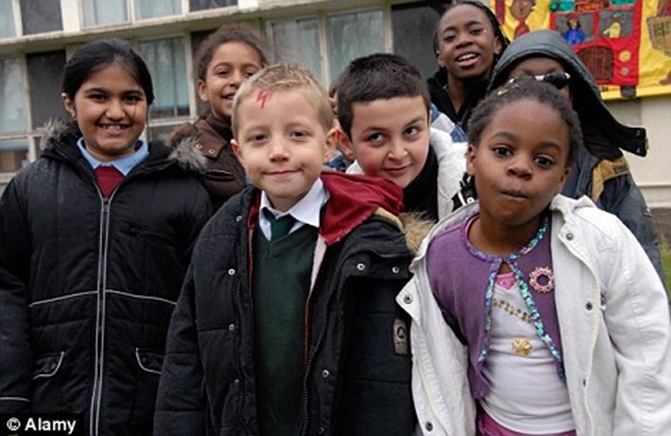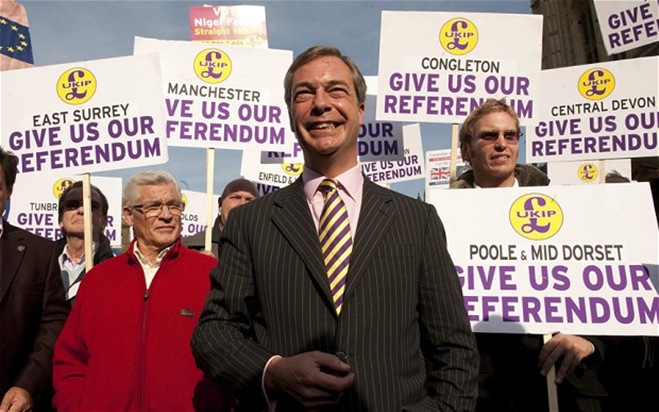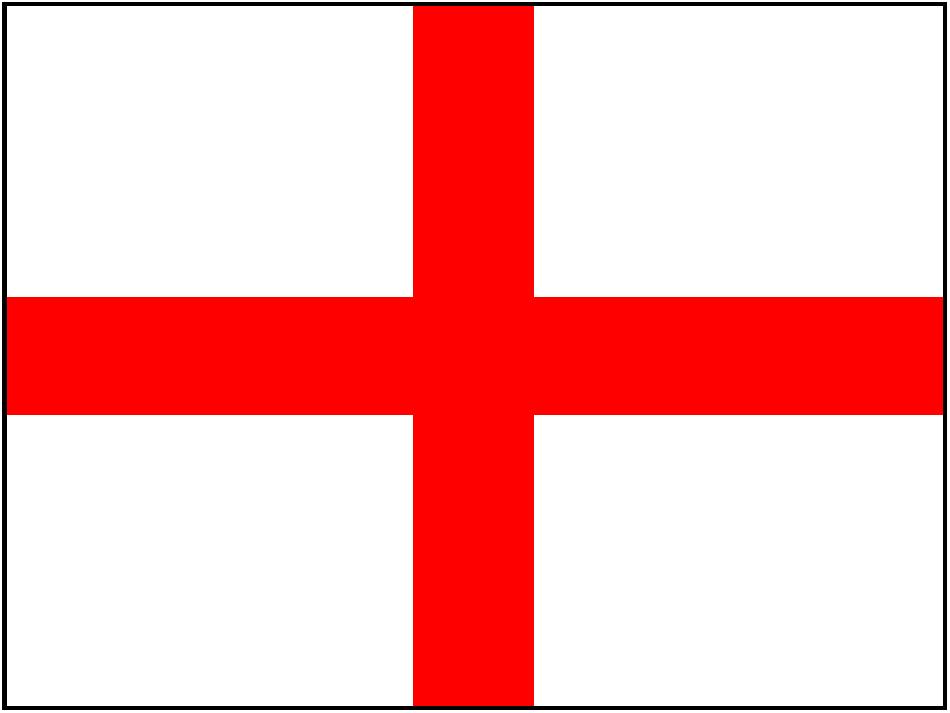Globe and Mail
December 17, 2013

Let’s face it: Britain has an ethnic problem. Its patchwork of peoples, once the envy of the world, has become frayed, its harmony devolving into anger and xenophobia. And, we should be honest, the problem is rooted in one ethnic group – one large but troubled people who are failing to integrate into modern postindustrial society.
While some of its more ambitious members have found success in politics and business, this community is falling behind educationally and economically as a whole, self-segregating into ethnic enclaves, becoming increasingly prone to violence, rioting and substance abuse. More troubling, in recent years they have begun to vote for ethnic extremist parties that threaten to undermine basic British values.
Who are these people? The English. Once a tolerant, welcoming people who thrived in scholarship and commerce, they have become a drag on British society.
They have become Britain’s problem group. Government figures show that “white English” students are now outperformed in school results by British children of Bangladeshi, Ghanaian, Indian, Sierra Leonean, Chinese, Sri Lankan, Vietnamese and Nigerian ancestry.
This was not always the case: A decade ago, it seemed as if Britons with darker skin colours were trapped behind the English in education and income. But it’s all changed: In 2009, Bangladeshi-British kids soared ahead of the English; black African kids caught up with them in 2010 and Pakistani kids are on course to pass them this year.
Unlike the island’s other ethnic groups, low-income members of the English community seem determined to stay poor and uneducated. Britain’s Department of Education has published figures listing how many low-income children achieved passing grades in secondary school in 2012. Sixty per cent of black African and Bangladeshi students did, about half of Pakistanis and black Caribbean kids did, 40 per cent of Indians did – and only three in 10 “white British” (mainly English) kids did, putting them at the bottom of the list.
On top of this – or perhaps because of it – the English are now self-segregating into isolated, and sometimes impoverished, uni-ethnic enclaves. Some 600,000 white English people moved out of the mixed-ethnicity districts of London between 2001 and 2011 for less integrated areas, while other ethnic groups moved into areas of higher diversity.

The English are more prone than other groups to drop out of school early, to live on welfare benefits, to become unhealthy and to engage in crime. In measures of alcohol abuse, “trouble with police while drinking” and lawbreaking, they outrank any other ethnic group in Britain (except the Irish). Riots led by ethnic English youths tore the cities of England apart in the summer of 2011, while ethnic Turks, Bangladeshis and Africans guarded shops and became heroes for rescuing people from the riots. There is a constant sense that the poor English are about to break out in violence.
